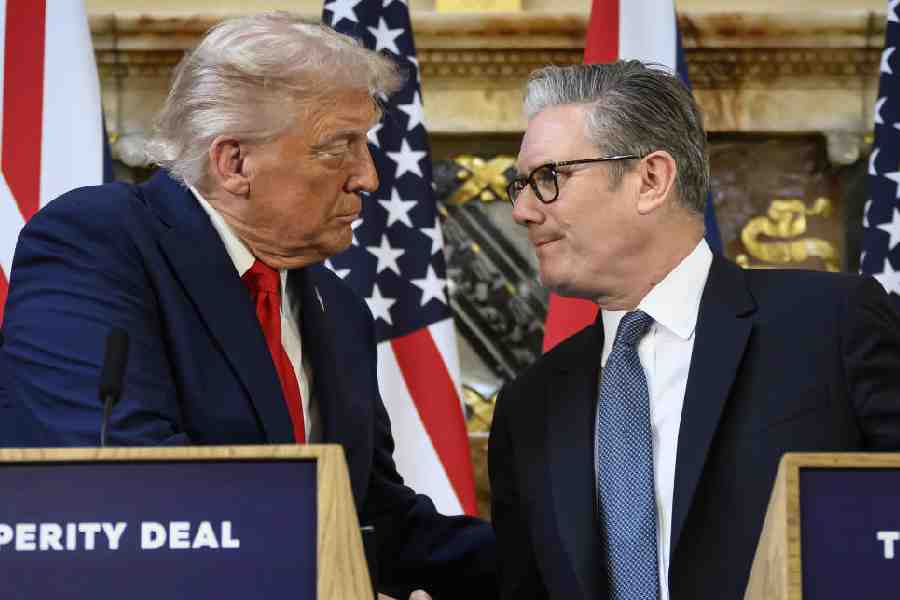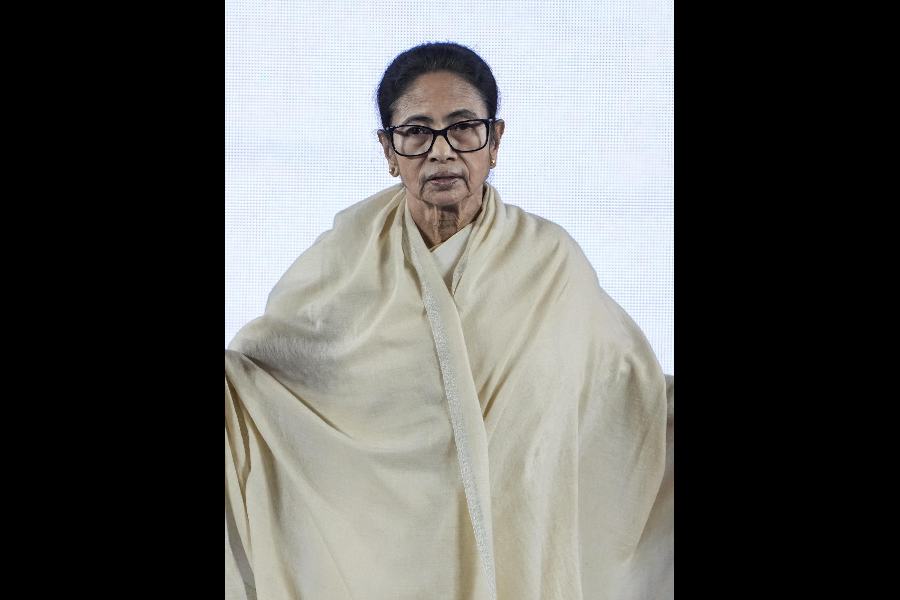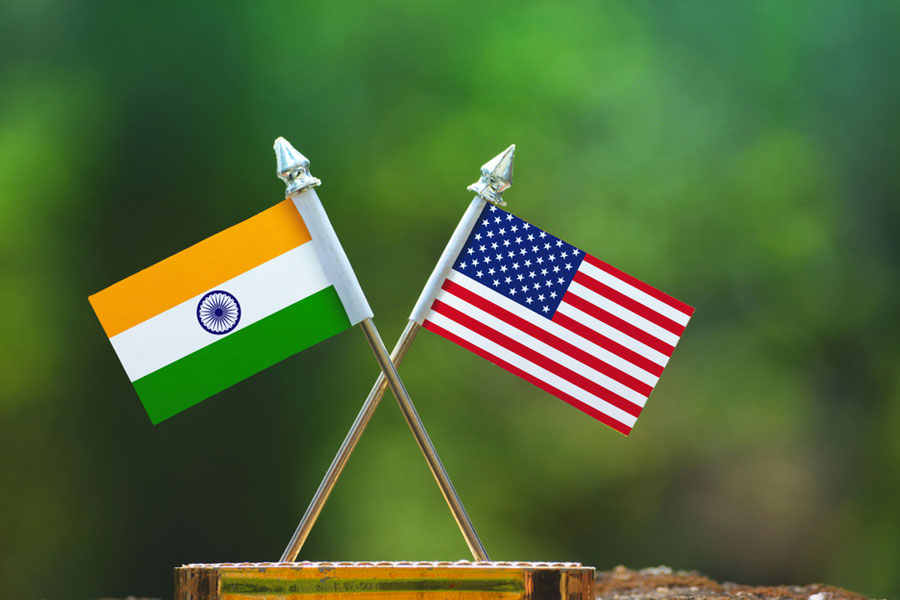The UK is expected to recognise a Palestinian state later Sunday despite opposition from the US, after judging that Israel has not met conditions it set over the war in Gaza.
Though the anticipated move is largely symbolic, the UK hopes that it could increase diplomatic pressure for an end to the conflict in Gaza as well as help pave the way for a long-lasting peace.
Deputy Prime Minister David Lammy, who was foreign secretary until earlier this month, said an announcement on the recognition of a Palestinian state will come later Sunday from Prime Minister Keir Starmer.
“Any decision to recognise a Palestinian state, if that were to take place later on today, does not make a Palestinian state happen overnight," he told Sky News.
He suggested that recognition would help keep the prospect of a two-state solution alive, and stressed that identifying the Palestinian people with Hamas was mistaken.
In July, in the wake of intense pressure within his governing Labour Party, Prime Minister Keir Starmer said the UK would recognise a Palestinian state unless Israel agreed to a ceasefire in Gaza, allowed the UN to bring in aid and took other steps toward long-term peace.
The anticipated move comes ahead of the UN General Assembly this week, where other nations, including Australia, Canada and France, are also readying to recognise a Palestinian state.
The UK's recognition of a Palestinian state comes just days after a state visit from US President Donald Trump, during which he voiced his disapproval of the plan.
“I have a disagreement with the prime minister on that score,” Trump said. “It's one of our few disagreements, actually.”
"We absolutely agree on the need for peace and a road map, because the situation in Gaza is intolerable," he said.
When pressed about reports he was waiting for Trump to leave the country before formally recognising a Palestinian state this weekend, Starmer said:
"I made my position clear at the end of July as to the timing, which has got nothing to do with this state visit."
"I've discussed it with the president, as you would expect, amongst two leaders who respect each other and like each other and want to bring about a better solution in the best way that we can," he added.
Critics, including the US and the Israeli government, which has shown no interest in a two-state solution, have condemned the plans, saying it rewards Hamas and terrorism.
Starmer has insisted that Hamas will have no role in the future of the governance of the Palestinian people and must release the Israeli hostages it still holds from the attacks on October 7, 2023.
More than 140 countries have already taken the step to recognise a Palestinian state, but the decisions by France and Britain are significant as they are both members of the Group of Seven and the UN Security Council.
The two countries have a historic role in the politics of the Middle East over the past 100 years, having carved out the region following the defeat of the Ottoman Empire in World War 1.
As part of that carve-up, the UK became the governing power of what was then Palestine. It was also author of the 1917 Balfour Declaration, which backed the establishment of a “national home for the Jewish people.”
However, the second part of the declaration has been largely neglected over the decades. It noted “that nothing shall be done, nothing which may prejudice the civil and religious rights” of the Palestinian people.
Lammy, who will represent the UK at the UN this week, said in July that this had not been upheld and represented “a historical injustice which continues to unfold.”
The UK.has for decades supported an independent Palestinian state alongside Israel, but insisted recognition must come as part of a peace plan to achieve a two-state solution.
However, UK officials have become increasingly worried that such a solution is becoming all but impossible – not only because of the razing of Gaza and displacement of most of its population during nearly two years of conflict, but because Israel's government is aggressively expanding settlements in the West Bank, land Palestinians want for their future state. Much of the world regards Israel's occupation of the West Bank as illegal.










